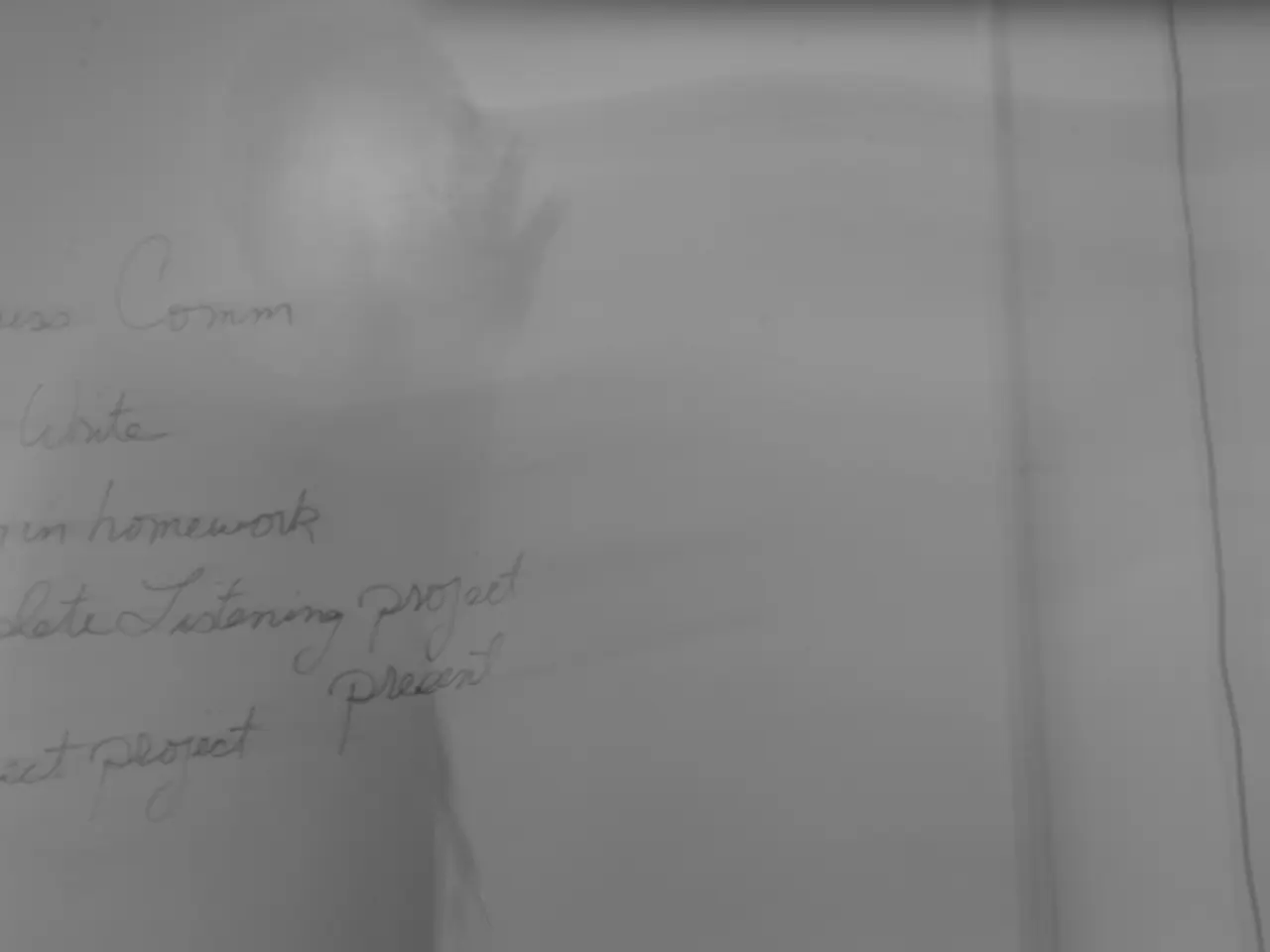Struggling Munis: KfW Predicts Gloomy Outlook for German Municipalities
Worsened Municipal Finances According to KfW - Deterioration of Municipalities' Financial Status According to KfW
Hey there! Let's dive into the financial woes of our beloved municipalities in Germany. The situation ain't looking rosy, with empty coffers and a slew of challenges making life tough for these boys and girls in local governance.
In a survey commissioned by the state-owned development bank, KfW, 84% of municipal treasurers predict a "rather unfavorable" or "very unfavorable" budget situation for this year. And guess what? This number is slightly up compared to the previous year, with pessimism on the rise.
The grim prediction doesn't stop there, since 44% of municipalities expect a "very unfavorable" development over the next five years - a 14 percentage point increase compared to last year. Yikes! KfW, being the wise owl it is, deems the financial prospects of these munis as having "deteriorated again and significantly."
Tight financial circumstances pose a dilemma - how to make investments in vital town infrastructures like roads and schools, while also covering new challenges such as expanding energy distribution networks?
KfW chief economist, Dirk Schumacher, suggests that the special infrastructure fund decided by the federal government could be a step in the right direction in alleviating investment backlog. However, Schumacher cautions that this isn't a magic potion that solves core financing issues like the discrepancy between construction prices and tax revenues.
Remember, last year Germany felt a financial pinch, as the core and extra budgets for municipalities and municipal associations (excluding city-states) had a deficit of 24.8 billion euros.
But fear not, given the constraints, our German Government is taking measures to offer a lifeline to these municipalities. Here's a sneak peek at some of the solutions on the table:
- Infrastructure Fund and Debt Brake Relaxation: The federal government has pledged a €500 billion special fund for infrastructure investments over twelve years, which can help state and federal projects, including munis.
- Investment in Energy Transition: A portion of the infrastructure fund will go towards the German Climate and Transition Fund (KTF), focusing on climate-related projects.
- Fiscal Management and Coordination: The need for streamlining administrative processes and promoting fiscal coordination is recognized to help municipalities manage their finances more effectively.
- Salary Increases for Municipal Employees: Third-party employees in the federal government and municipalities will receive a 3% salary increase starting April 1, 2025, to attract and retain skilled workers.
- Flexibility from EU Commission: While EU fiscal rules may pose challenges, the European Commission might offer flexibility for specific types of spending (e.g., core defense expenditures), aiding Germany's efforts to balance investments and fiscal discipline.
So there you have it! These measures, if executed properly, could help our munis tackle their financial predicament and keep their towns thriving. Happy days ahead, folks! 🎉🎈📈
- Municipality
- KfW Group
- Germany
- Financial situation
- Future
- Record deficit
- Infrastructure Fund
- Fiscal Management & Coordination
- Energy Transition
- Salary Increases
- EU Flexibility
In response to the gloomy outlook for German municipalities, the German Government is taking measures to offer a lifeline. These solutions include the creation of an Infrastructure Fund, relaxation of the Debt Brake, investment in Energy Transition, Fiscal Management and Coordination improvements, salary increases for municipal employees, and potential flexibility from the EU Commission on specific spending types.
Munis are struggling with tight financial circumstances, presenting a challenge in investing in essential town infrastructures while managing new challenges like energy distribution networks. KfW's finance expert, Dirk Schumacher, agrees that the Infrastructure Fund could help alleviate investment backlog but acknowledges that it may not solve core financing issues such as the gap between construction prices and tax revenues.




